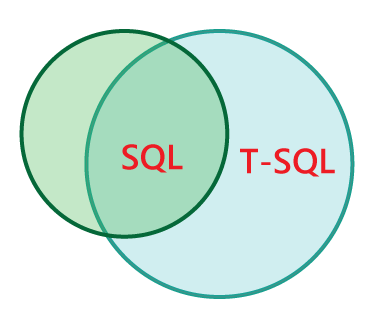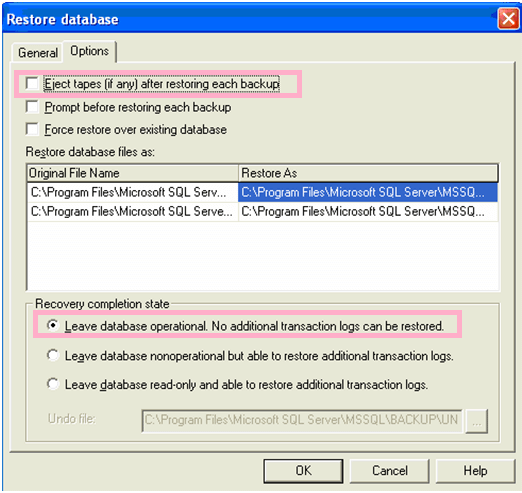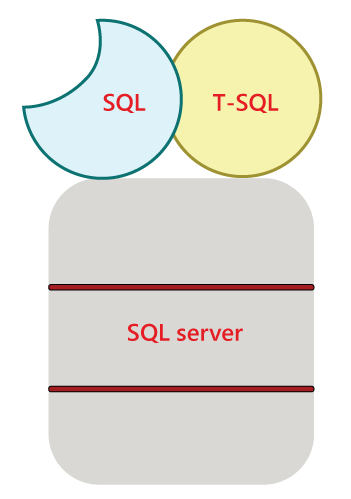T-SQL TutorialT-SQL (Transact SQL) tutorial is designed for both beginners and professionals. T-SQL expands the SQL to include procedural programming, local variables, string processing, data processing, and mathematics. Our tutorial provides the basic and advanced concept of T-SQL. T-SQL (Transact-SQL) is the extension of SQL (Structured Query Language) language. This tutorial covers the core concepts of T-SQL. It covers various functions, procedures, indexes, and transactions, which are related to this topic. Each topic is explained with the help of examples. What is T-SQL?In the year the 1970s, the language 'SEQUEL' (structured English query language), was developed by IBM. After some time, SEQUEL was renamed to 'SQL' which stands for Structured Query Language. ANSI approved SQL in the year of 1986, and after that, in 1987, International Standard Organization (ISO) authorized it. Different RDBMS vendors developed their database language to extending SQL for their products. T-SQL is known as Transact Structured Query Language, which is the product of Microsoft. Each variable, column, and expression in SQL is the data type in SQL Server. The data types are used when we create tables. We use the data type for the column of the table based on its requirements. T-SQL expands the SQL to include procedural programming, local variables, string processing, data processing, and mathematics. The definition of Transact- SQL is the extension of Normal SQL. It performs the operations on the data from the single row retrieval. The syntax of T-SQL is something different from another language. But it has the functionality which generates the same results as other database languages. The American National Standards founded the SQL server T-SQL in 2014. Comparison chart of SQL and T-SQL
The most popular T-SQL statement is stored procedure, which is compiled and stored by the T-SQL code. Stored procedure are executed when they called. User-defined functions are the example of the Transact-SQL statement. 
Restoring the database with Transact-SQLThe triggers are used AFTER triggers or in place of triggers. These applications can insert, delete, read, or update data stored in a database. Common language runtime integration is a vital T-SQL statement. Since, the SQL Server 2005 is integrated with the .NET. It enables us to use .NET programming with the objects of SQL. 
Types of functions in T-SQL:
PrerequisitesTo understand the T-SQL language, you should be familiar with database concepts. The SQL Server must be installed on your computer, so it will assist you in executing the examples and you will know it's working. AudienceThe tutorial is designed for those who want to learn the basics of Transact-SQL. The tutorial aims to describe all the Transact SQL functions and procedures. ProblemWe assure you that you will not find any problem in this T-SQL (Transact-SQL) tutorial. But if there is any mistake, post the problem in the contact form.
Next TopicData types T-SQL
|
 For Videos Join Our Youtube Channel: Join Now
For Videos Join Our Youtube Channel: Join Now
Feedback
- Send your Feedback to [email protected]
Help Others, Please Share










